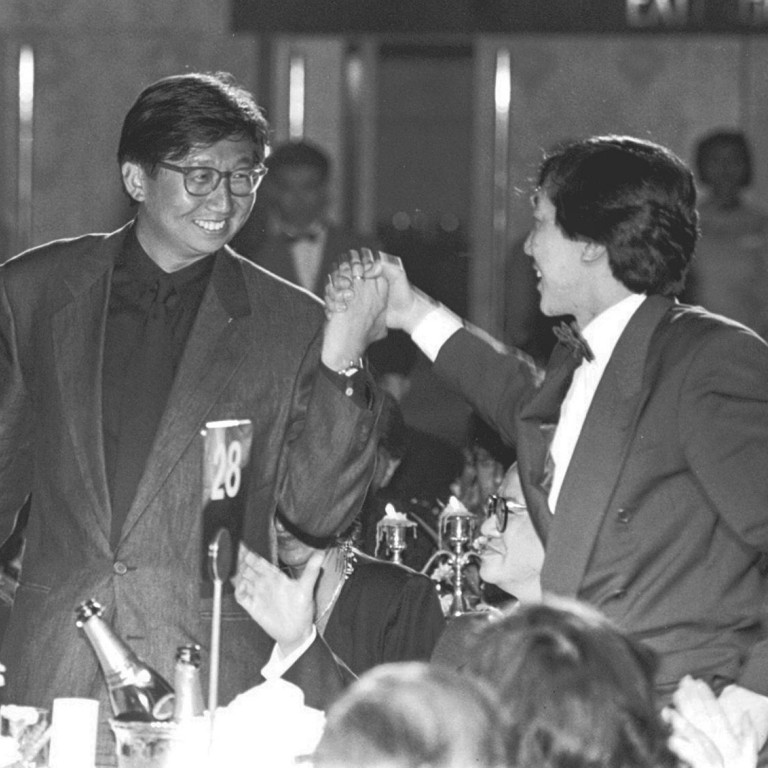
Book review: Made in Hong Kong - a history of advertising
Subtitled "How Hong Kong advertising found its true creative voice", Made in Hong Kong is an ambitious attempt to recount the history of advertising in the city.

by Chris Kyme with Tommy Cheng
WE Press

Subtitled "How Hong Kong advertising found its true creative voice", is an ambitious attempt to recount the history of advertising in the city.
Written by experienced Hong Kong ad people Chris Kyme and Tommy Cheng, it charts the evolution of the city's advertising from a time when it barely existed, through a phase of expatriate-led expansion when it leaned heavily on foreign ideas, to a time when an authentic local creative voice emerged. It's an interesting story, but not always told particularly well.
On the plus side, is authoritative and well researched, with plentiful quotes from the main people, and a decent range of illustrative photos of ad campaigns. It's good at providing context in the industry within wider changes in Hong Kong society, and at analysing how and why the sector rose and fell.
It details how the fusion of local and Western talent began in the 1960s with the formation of Ling McCann, a joint venture between local agency Ling Advertising, owned by three Shanghainese brothers, and American giant McCann Erickson, which started hiring local people in more senior positions than anyone had before.
But the biggest local trailblazer was copywriter and subsequently account director Philip Tse, who from the mid-1960s at Australian firm Grant Advertising became the first Hongkonger to progress higher through the ranks of what was still an expat-dominated world.
It notes the people and agencies who pushed the city forward creatively: Leo Burnett and Ogilvy & Mather in the 1980s, and then Synergie, later part of the Ball Partnership, the first locally owned and staffed agency to dominate creatively, led by Mike Chu. The city's big-spending heyday came in the late 1980s to the mid-1990s, when production values were revolutionised, led by director Louis Ng. Then after the handover, when, despite falling budgets, an expat clear-out combined with tougher economic conditions led to the development of a more authentic local voice, one suffused with realism and humour.
There's a particularly interesting analysis of how it all went wrong and we ended up mainly with the collection of nearly identical, emptily hyperbolic property ads we have today: as budgets fell, agencies became more conservative and Hong Kong became an ever tinier part of the China picture.
However, all of the agency personnel comings and goings, mergers and acquisitions get a bit repetitive. After a while, can start to read like a digest of magazine (or, more accurately, its forerunner ). This is an industry that loves to celebrate itself, and there are frequent, context-free lists of its important people. A lot of the quotes consist of fairly bland, interchangeable praise for mentors and colleagues.
But that's not the biggest problem. The major issue is that needs editing. It's littered with typographical errors: rogue spaces, apostrophes in the wrong places, and missing inverted commas and full stops. Then there's the wobbly spelling, with a missing "s" at the start of "uccessful", "foreword" spelled "foreward", and the agency Young & Rubicam variously rendered as "Rubicom" and "Rubican".
And then there's the writing style, full of weasel words, adverbs, passive constructions and cumbersome sentences. There are just far too many turns of phrases such as "At a considerably still young age" and "It would not be inaccurate to say that".
For a book celebrating professional achievements in the communications industry, is a surprisingly and disappointingly sloppy piece of work. The authors admit throughout the book that while the city has come a long way as an advertising market, it has never reached the top tier. Perhaps this is why.

